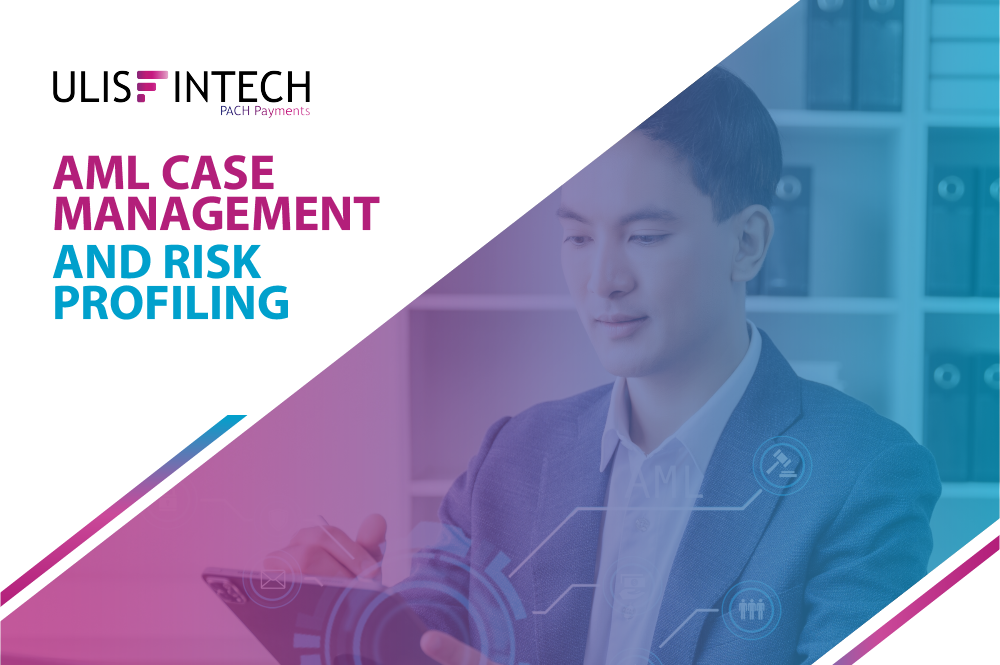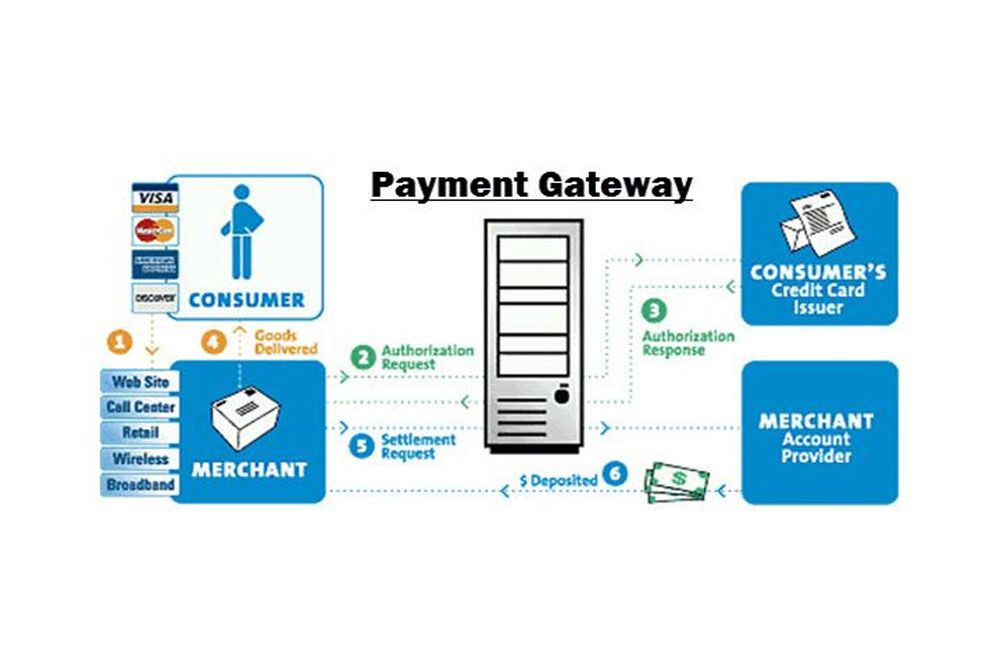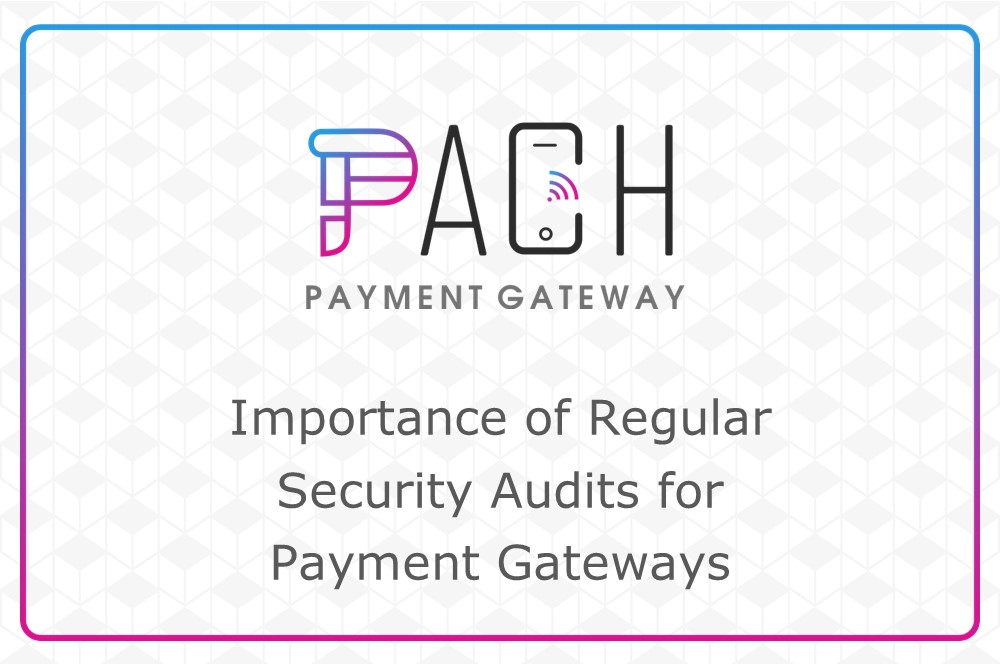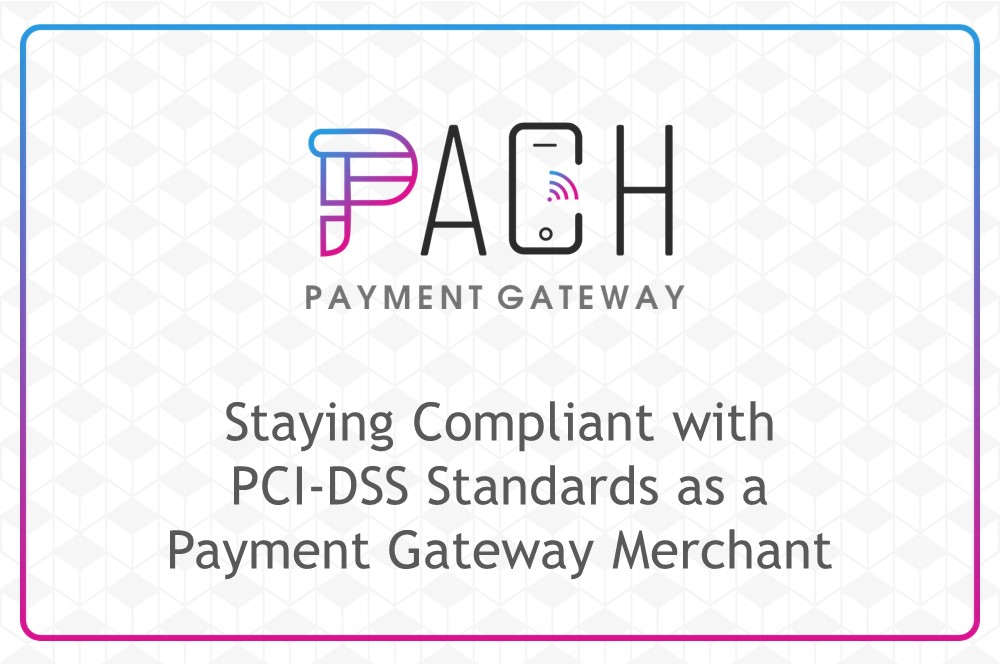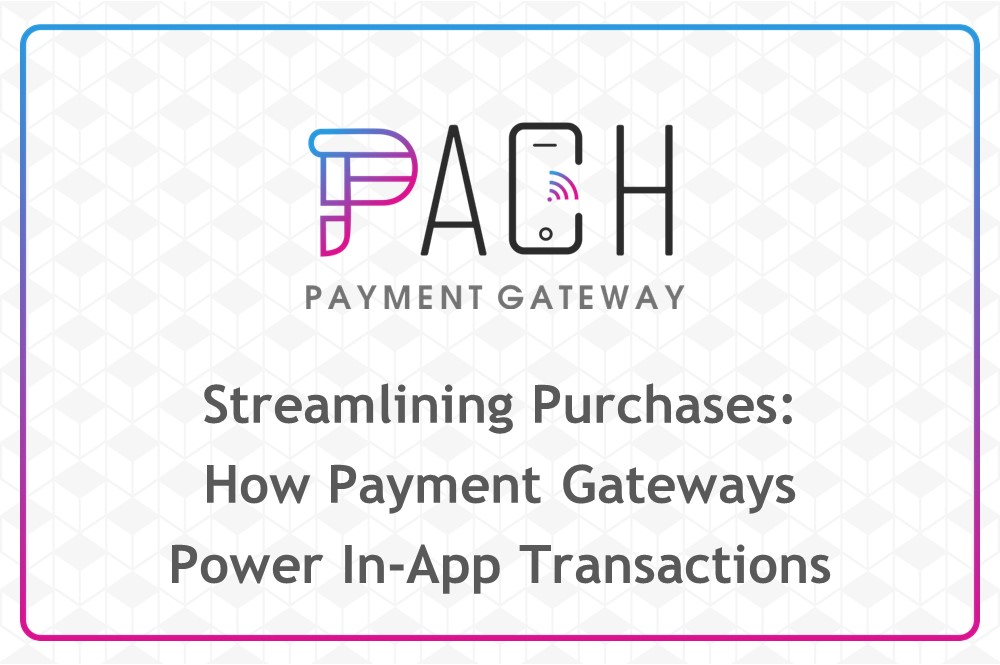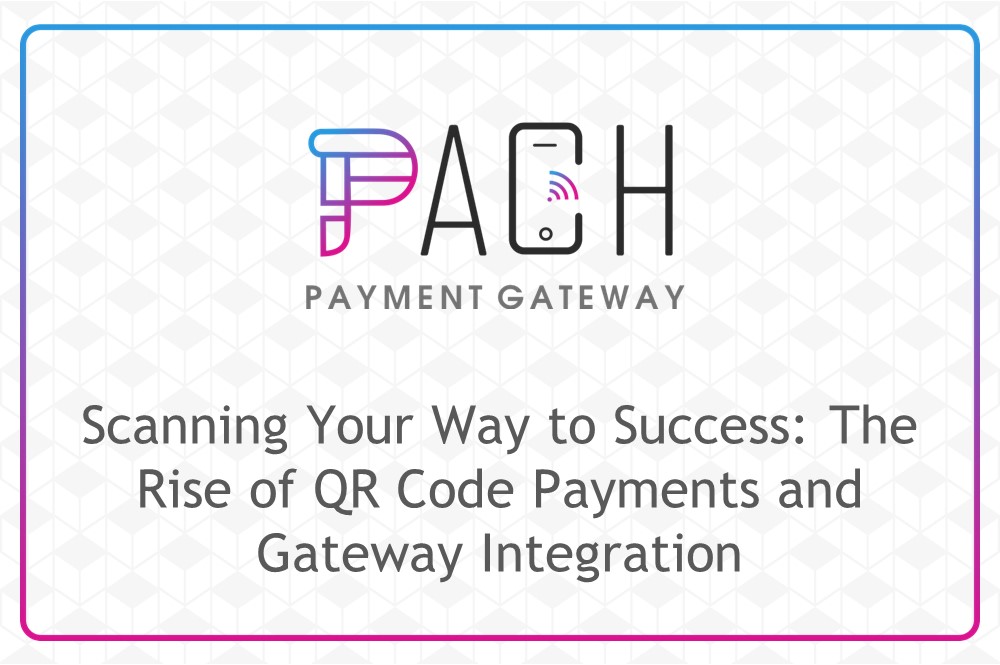Fort Knox for Transactions: How Payment Gateways Guard Against Online Fraud
Oct 17, 2024 - 3 MINS READ
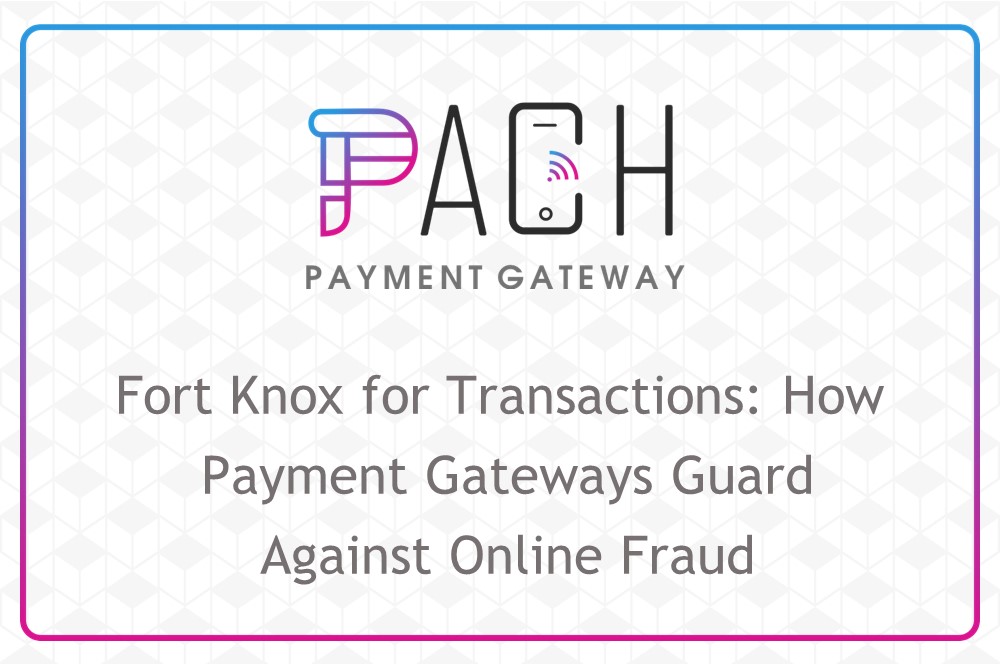
The booming world of e-commerce offers unparalleled convenience, but it also presents a tempting target for fraudsters. With just a few clicks, sensitive financial information can be compromised. This is where payment gateways emerge as the silent heroes of online transactions, employing a multi-layered defense system to safeguard your financial data and combat fraud. Let's delve into the arsenal of tools payment gateways utilize to protect you and ensure a secure online shopping experience:
The Shield of Encryption: Guarding Sensitive Data
Payment gateways prioritize data security by employing robust encryption technology:
-
Scrambling Your Information: Encryption acts as a digital shield, scrambling your sensitive financial information like credit card numbers during transactions. This renders the data unreadable to anyone who might intercept it, making it virtually useless to fraudsters.
-
Secure Communication Channels: Payment gateways utilize secure communication protocols like HTTPS to establish encrypted connections between your browser, the merchant's website, and the payment processor. This ensures that data is transmitted securely throughout the transaction process.
Beyond Encryption: A Multi-Layered Defense
Encryption is just one piece of the puzzle:
-
Tokenization: A Digital Disguise: Many payment gateways implement tokenization. This creates a unique token, a random string of characters, that replaces your actual credit card number during transactions. Merchants only receive the token, not your actual card details. Even if a data breach occurs, hackers would only steal these meaningless tokens, protecting your real credit card information.
-
Machine Learning for Fraud Detection: Payment gateways leverage the power of machine learning algorithms. These algorithms analyze vast amounts of transaction data in real-time, identifying patterns and anomalies that might indicate fraudulent activity. This allows for proactive detection and prevention of fraudulent transactions.
Authentication Protocols: Adding an Extra Layer of Security
Payment gateways often incorporate additional authentication protocols:
-
3D Secure (3DS): This protocol adds an extra layer of security by requiring customers to verify their identity with a one-time password or fingerprint scan before completing a transaction. This two-factor authentication significantly reduces the risk of unauthorized charges.
-
Address Verification Service (AVS): AVS compares the billing address entered by the customer with the address on file with the card issuer. This helps identify discrepancies that might signal a fraudulent attempt.
Chargeback Protection: A Safety Net for Unexpected Charges
Payment gateways often offer chargeback protection:
-
Dispute Resolution Process: In case of unauthorized charges, payment gateways provide a streamlined process for customers to dispute transactions. This allows you to reclaim your funds if you become a victim of fraud.
-
Fraudulent Activity Monitoring: By actively monitoring for suspicious transactions, payment gateways can help prevent fraudulent charges from occurring in the first place.
Building Trust and Customer Confidence
The robust security measures employed by payment gateways foster trust and customer confidence:
-
Transparency in Security Practices: Reputable payment gateways have readily available data security policies outlining their commitment to protecting customer information. This transparency empowers customers to make informed decisions about using online platforms.
-
Peace of Mind for Secure Transactions: Knowing that your financial information is protected by advanced security measures allows you to shop online with confidence and peace of mind. This fosters a positive customer experience and encourages repeat business.
Conclusion: A Collaborative Effort
Payment gateways play a crucial role in safeguarding online transactions, but it's a collaborative effort. Here are some tips to further enhance online security:
-
Use Strong Passwords: Implement strong and unique passwords for your online accounts and payment gateways.
-
Be Wary of Phishing Attempts: Remain vigilant against phishing scams that attempt to trick you into revealing your financial information.
-
Review Transactions Regularly: Monitor your bank statements and credit card transactions regularly to identify any suspicious activity.
By working together, we can create a secure online environment where both businesses and customers can thrive. So, the next time you make an online purchase, remember the silent heroes working behind the scenes to ensure a safe and secure transaction.
